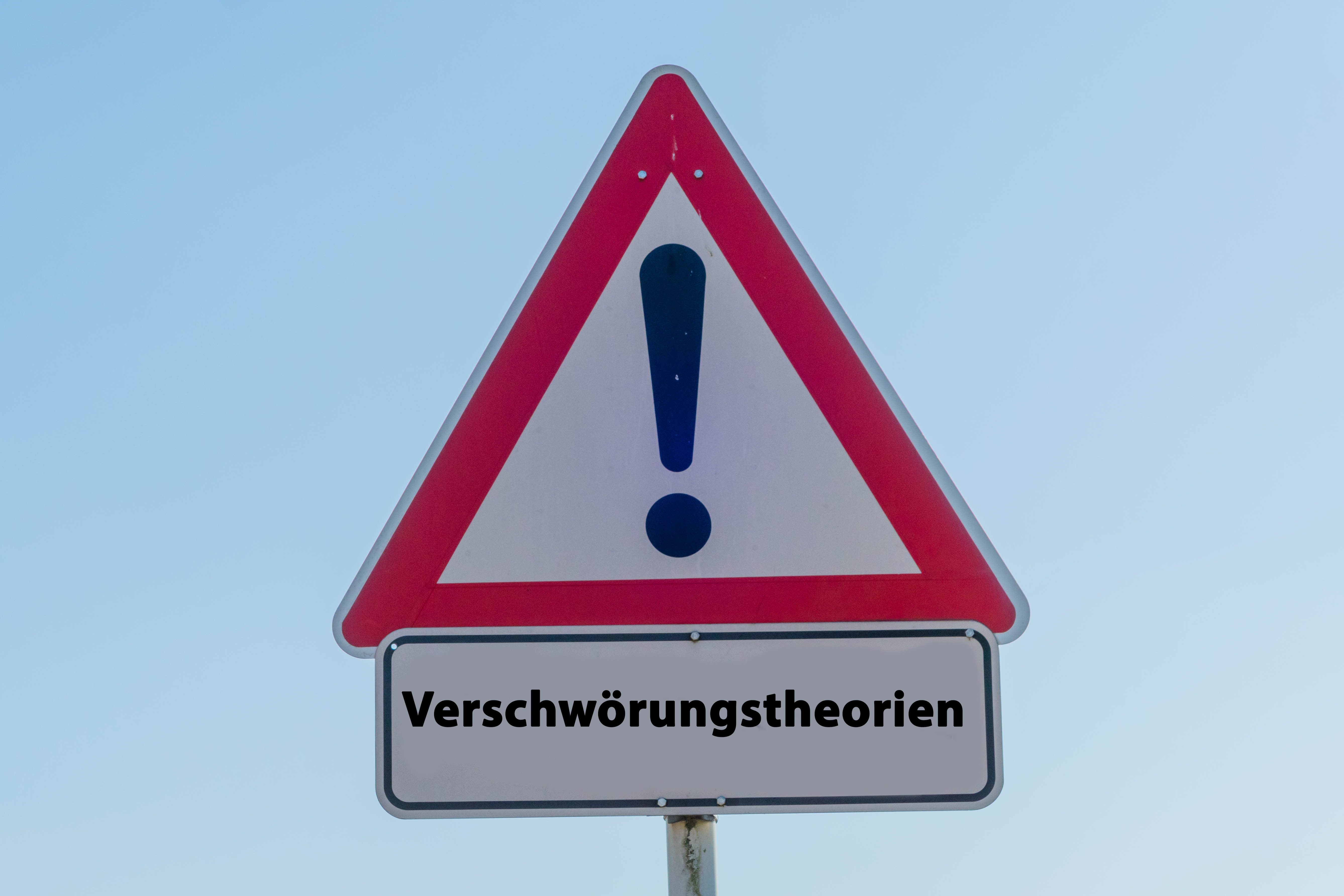
(Vienna, 07-02-2024) In the course of the COVID-19 pandemic, the power of conspiracy theories became clear, especially in the vaccination debate. What factors reinforce belief in these delusions? Emilie Han and Eva Schernhammer from MedUni Vienna analysed this complex of issues in collaboration with the University of Continuing Education Krems as part of a study that was recently published in "SN Social Sciences".
The research focussed on three sets of questions: What factors are associated with pandemic-related conspiracy beliefs during the COVID-19 pandemic? What is the relationship between education and socio-economic factors and belief in pandemic-related conspiracy theories? And: Can complexity thinking and certain personality traits be identified as "protective factors" against conspiracy beliefs? The data on these questions was collected between July and August 2021 as part of an online survey of 3,067 adults. The participants were between 18 and 90 years old, German-speaking and living in Germany, Austria or Switzerland. The questionnaire, created by members of the research team, included 74 questions on lifestyle, health and COVID-19-related measures and behaviours. The analysis took into account individual personality traits, environment-specific factors and complexity thinking. Complexity thinking refers to the ability to recognise non-evident structures and relationships in complex real-world systems, as well as the associated adaptability and self-emergent characteristics.
It was found that higher levels of complexity thinking in particular, but also a higher level of education and a higher household income, were associated with a lower level of belief in conspiracies. The vaccination status of the study participants was most strongly associated with an increased likelihood of believing in conspiracies. Participants who reported that neither they nor their close contacts had been vaccinated were ten times more likely to score high on conspiracy beliefs than vaccinated participants. Another correlation was found among regular attendees of religious gatherings. Their conspiracy belief scores were six times more likely to be in the high range. Non-voters and study participants who last voted for an opposition party were also more likely to have higher conspiracy belief scores compared to people who had voted for one of the parties currently in power. High levels of extroversion were also associated with higher conspiracy belief scores.
High levels of trust and optimism, on the other hand, were associated with low levels of conspiracy beliefs. The presence of a larger number of close contacts also appears to correlate with a lower conspiracy belief score among respondents. Last but not least, participants with a university degree were 33 per cent less likely to have a high conspiracy belief score than people with a secondary school education. Education is an important factor that can increase cognitive capacity for complexity by teaching people to think analytically and recognise the nuances of different complex situations rather than simplifying them, the study authors concluded. Accordingly, (further) training in complex thinking could represent a long-term strategy for reducing the tendency to believe in conspiracies.
Publikation: SN Social Sciences
Association of personality traits and socio‑environmental factors with COVID‑19 pandemic‑related conspiratorial thinking in the D‑A‑CH region
Emilie Han, Jakob Weitzer, Brenda M. Birmann, Martin Bertau, Lukas Zenk, Guido Caniglia, ·Manfred D. Laubichler, Eva S. Schernhammer, Gerald Steiner
https://doi.org/10.1007/s43545-023-00790-9